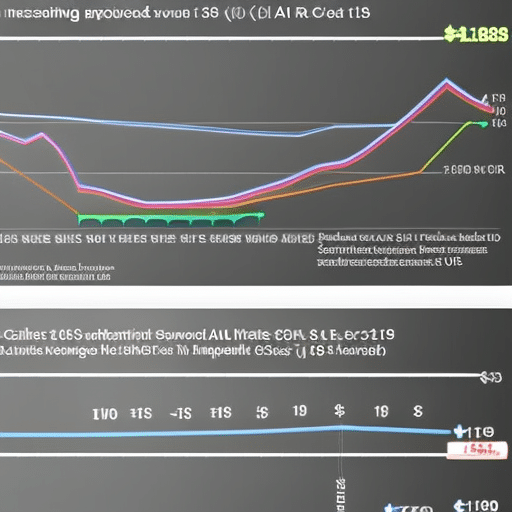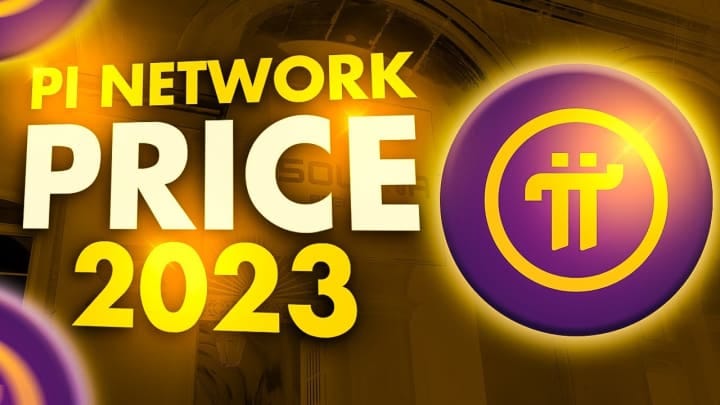Comparisons With Other Cryptos

Executive Summary

This comprehensive guide delves into the comparative landscape of cryptocurrencies, focusing on key distinctions and highlighting the unique advantages and disadvantages of various prominent players. We’ll examine several leading cryptocurrencies, exploring their underlying technologies, use cases, and market performance. Our goal is to provide a nuanced understanding, empowering you to make informed investment decisions and navigate the complexities of the digital asset market with confidence. This analysis goes beyond simple price comparisons, digging into the core functionality and future potential of each cryptocurrency. We’ll examine factors such as scalability, security, and community support to paint a clear picture of the strengths and weaknesses of each digital asset.

Introduction
The cryptocurrency market is a dynamic and rapidly evolving space, teeming with thousands of digital assets, each vying for a position at the forefront of innovation. Choosing the right cryptocurrency can be daunting, given the wide array of options and the complexity of each technology. This guide aims to simplify the process by offering a detailed comparison of several leading cryptocurrencies. We will dissect their key features, performance metrics, and potential future trajectory, allowing readers to build a solid understanding of the strengths and weaknesses of each. This knowledge will equip you to make informed decisions and participate effectively in this exciting, albeit volatile, market.
FAQ
- Q: What is the biggest difference between Bitcoin and Ethereum?
A: Bitcoin is primarily a store of value, similar to digital gold, focused on secure transactions and limited supply. Ethereum, on the other hand, is a platform for decentralized applications (dApps) and smart contracts, offering a much broader range of functionalities.
- Q: Are all cryptocurrencies equally secure?
A: No. The security of a cryptocurrency depends heavily on factors like its cryptographic algorithms, the size and activity of its community, and the overall maturity of its blockchain. Some cryptocurrencies have significantly stronger security protocols than others. It’s crucial to research each cryptocurrency’s security measures before investing.
- Q: How do I choose which cryptocurrency to invest in?
A: Choosing a cryptocurrency depends on your individual risk tolerance and investment goals. Consider factors like the cryptocurrency’s market capitalization, its underlying technology, its adoption rate, and the team behind its development. Diversification is always a prudent strategy.
Bitcoin: The OG Cryptocurrency
Bitcoin, the pioneer of cryptocurrencies, remains a dominant force in the market. Its decentralized nature, secure blockchain, and limited supply (21 million coins) are key factors driving its value.
- Decentralization: Bitcoin operates without central control, making it resistant to censorship and government interference.
- Secure Blockchain: Bitcoin’s blockchain utilizes robust cryptographic algorithms to secure transactions and prevent fraud.
- Limited Supply: The fixed supply of Bitcoin creates scarcity, potentially driving its long-term value.
- Wide Adoption: Bitcoin is widely accepted as a payment method by various merchants and businesses globally.
- Established Track Record: Bitcoin has a long and established history, weathering numerous market fluctuations.
- Network Effects: The vast network of Bitcoin users strengthens its security and reinforces its value proposition.
Ethereum: The Smart Contract Platform
Ethereum is more than just a cryptocurrency; it’s a decentralized platform that enables the creation and execution of smart contracts. This opens doors for a wide range of decentralized applications (dApps) and innovative financial instruments.
- Smart Contracts: The ability to create self-executing contracts automates processes and eliminates intermediaries.
- Decentralized Applications (dApps): Ethereum supports the development of various dApps, offering new possibilities in various sectors.
- Gas Fees: Transactions on the Ethereum network require “gas” fees, which can be volatile.
- Scalability Challenges: Ethereum’s network can experience congestion during periods of high activity, leading to increased transaction times and fees.
- Development Ecosystem: Ethereum has a large and active developer community, constantly improving and expanding the platform.
- EVM Compatibility: The Ethereum Virtual Machine allows developers to write and deploy smart contracts using various programming languages.
Solana: High-Throughput Blockchain
Solana is a high-performance blockchain known for its speed and scalability. It aims to address the limitations of other blockchains, particularly those related to transaction processing speeds.
- High Transaction Throughput: Solana boasts significantly higher transaction speeds compared to many other blockchains.
- Proof-of-History (PoH): Solana uses a novel consensus mechanism to achieve high throughput and low latency.
- Smart Contract Functionality: Solana supports the development and execution of smart contracts.
- Ecosystem Development: A growing ecosystem of decentralized applications and projects is developing on the Solana platform.
- Scalability Focus: Solana’s design prioritizes scalability, enabling it to handle a large volume of transactions.
- Potential for Congestion: Despite its high throughput, Solana can still experience congestion under heavy network load.
Cardano: Research-Driven Approach
Cardano differentiates itself through its research-focused development process. Its rigorous approach emphasizes peer-reviewed research and a phased rollout of upgrades, prioritizing security and scalability.
- Peer-Reviewed Research: Cardano’s development relies heavily on peer-reviewed academic research, ensuring a robust foundation.
- Layered Architecture: Its layered architecture separates different functionalities, improving efficiency and scalability.
- Staking Mechanism: Cardano utilizes a proof-of-stake (PoS) consensus mechanism that rewards users for securing the network.
- Sustainability Focus: Cardano prioritizes sustainability by reducing its energy consumption compared to proof-of-work blockchains.
- Community Driven: A strong and active community contributes to Cardano’s development and growth.
- Gradual Rollouts: Cardano’s development proceeds incrementally, allowing for thorough testing and refinement before major upgrades.
Binance Coin (BNB): Exchange-Backed Crypto
Binance Coin (BNB) is the native token of the Binance exchange, one of the largest cryptocurrency exchanges globally. Its utility is tightly coupled to the exchange’s services and ecosystem.
- Exchange Utility: BNB can be used to pay for trading fees on the Binance exchange, offering significant discounts.
- Binance Ecosystem Integration: BNB is integrated into various Binance products and services, expanding its use cases.
- Staking Rewards: BNB holders can stake their tokens to earn rewards.
- Decentralized Finance (DeFi) Integration: BNB is increasingly utilized within the DeFi ecosystem.
- Burn Mechanism: Binance regularly burns (destroys) BNB tokens, reducing the circulating supply and potentially increasing value.
- Centralized Association: Being tightly linked to the centralized Binance exchange represents both an advantage and a potential risk.
Conclusion
The cryptocurrency landscape is vast and complex, with each digital asset offering unique features and functionalities. Understanding the core differences between these leading cryptocurrencies is crucial for making informed investment decisions. While Bitcoin remains a cornerstone of the market as a store of value, Ethereum’s smart contract capabilities drive decentralized applications, Solana focuses on speed and scalability, Cardano emphasizes rigorous research and development, and Binance Coin leverages its association with a major exchange. By carefully considering the strengths and weaknesses of each, investors can build a portfolio that aligns with their risk tolerance and long-term goals. Remember to conduct thorough research and consult with financial professionals before making any investment decisions.
Keyword Tags:
Bitcoin, Ethereum, Solana, Cardano, Binance Coin


